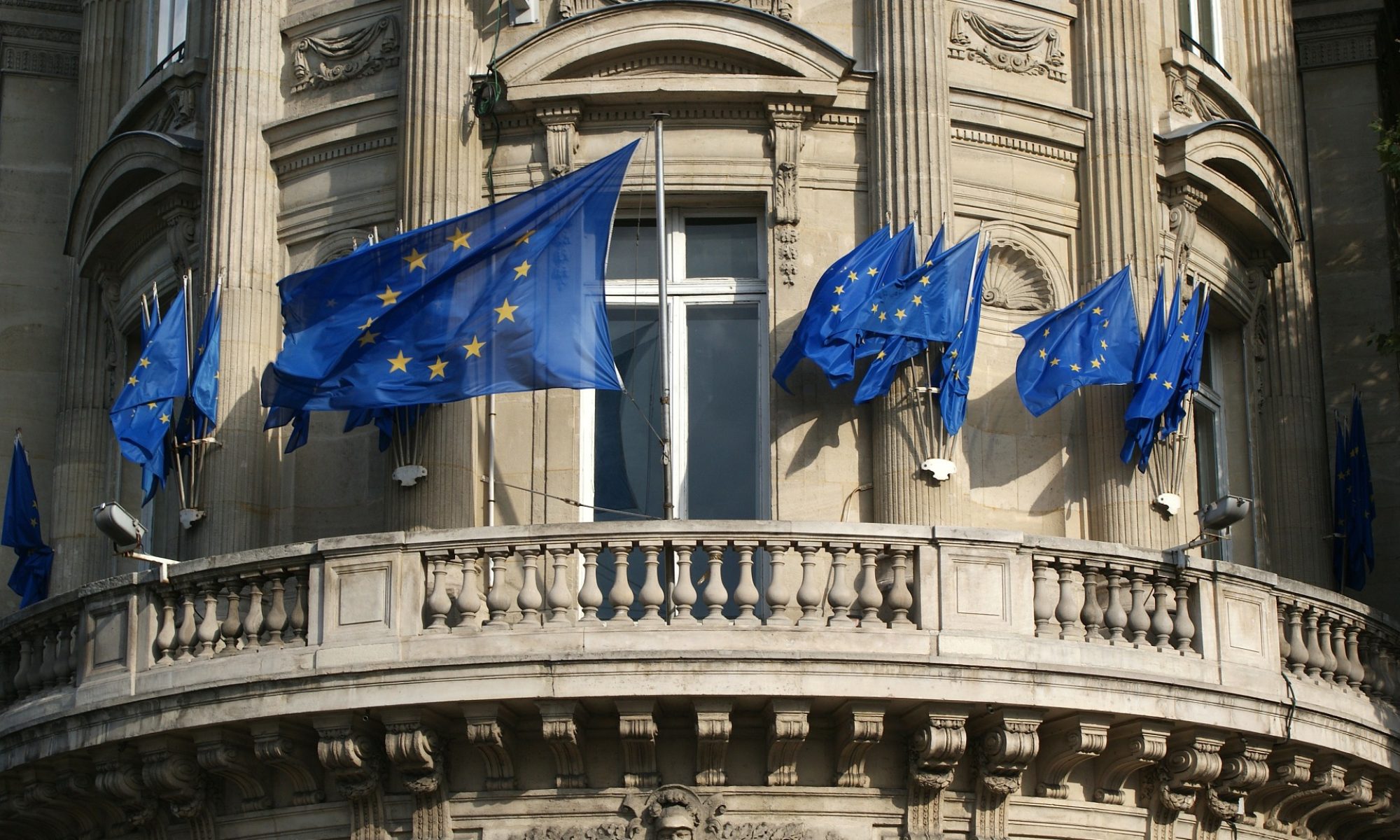Integral Theory of the Future of the European Union
This project has been selected for funding by the Slovenian Research Agency on the basis of the public call for co-funding research projects in 2019. The project will be funded for three years between 1.7. 2019 and 30.6. 2022.
The main research question of this project: What future is there for the EU and how to bring it about? is thus of a huge theoretical and practical importance. Theoretically, it takes up the most important research challenge facing the scholars of European integration. In practical terms, this challenge sits at the heart of national and supranational political debates and has, necessarily, also trickled down to the common people. Essentially, this is the political question of the EU. It concerns the very viability of the integration process, now and in the future. Political answers are directed to practices, eg to affect actual institutional changes. However, they can only do so successfully, subject to other constraints of the process of social construction of reality, if they are informed by coherent theories.
The first scientific objective of this project is therefore to dig for and elucidate the underlying, background theories that have been informing the different approaches to the question of the object and purpose of the EU and the modalities of its existence in the future. The second scientific objective is to select among these theories the most compelling one, in terms of its descriptive accuracy, explanatory persuasiveness and normative attractiveness. And finally, to provide on its basis for a new constitutional design of the EU, which will enable the latter to respond to the most burning practical challenges of the integration in the future: the constitutional challenges; the economic challenges, the challenges of security and defense; as well as finally the ethical challenges of justice inside the EU.
On the basis of these three research objectives, an integral theory of the future of the EU will be developed. It will deepen, take further and adapt to the changed contemporary practical context of the EU the classical theoretical works, from the apex of the EU constitutional theory in the early 2000s, and thereby provide an impetus for a relaunch of this scholarly discourse with important consequences for academia as well as for students and practitioners of EU law. The development of an integral constitutional theory for EU is, in and of itself, a very ambitious research agenda.
However, the envisaged research achievements are even more far-reaching. It is the most original thrust of this research project that it will argue, contrary to the mainstream scholarly approach in the field, that the EU requires a constitutional form, by which it would move beyond its present hybrid, ambiguous sui generis character that has proven unable to draw the political imaginary, let alone the political and civic support of EU citizens. The mainstream negative sui generis definition of the Union’s character, whose essence is that the EU is neither a state nor an international organization, should give way to an affirmative conception. This ought to state clearly what the EU is or should become, instead of stressing what it is not and should not become. In other words, what the EU needs in structural constitutional terms is a constitutional form, an identity conferring structure, a container, in a nutshell: a new hardware, which could sustain the EU as an economic, security, defense and political union. This hardware, of course, ought to be equipped with a software that will make it operational.
In short, the originality of the project’s expected results will be located, in particular, in devising the new hardware and software of the EU, including the procedural way of bringing the two into being. The three-pronged original normative claim that will be defended is therefore the following. First, the EU should embark on a new constitutional process. Second, this should re-constitute it as a union – a special federal constitutional form. Third, this new constitutional form would function on the basis of the normative prescriptions of pluralism. In other words, the launching of the constitutional process is an act of foundation. The union is a constitutional form, the hardware, resulting out of the newly launched constitutional process. The normative spirit of pluralism is the software which makes the integration’s functioning possible and, hopefully, viable too.


